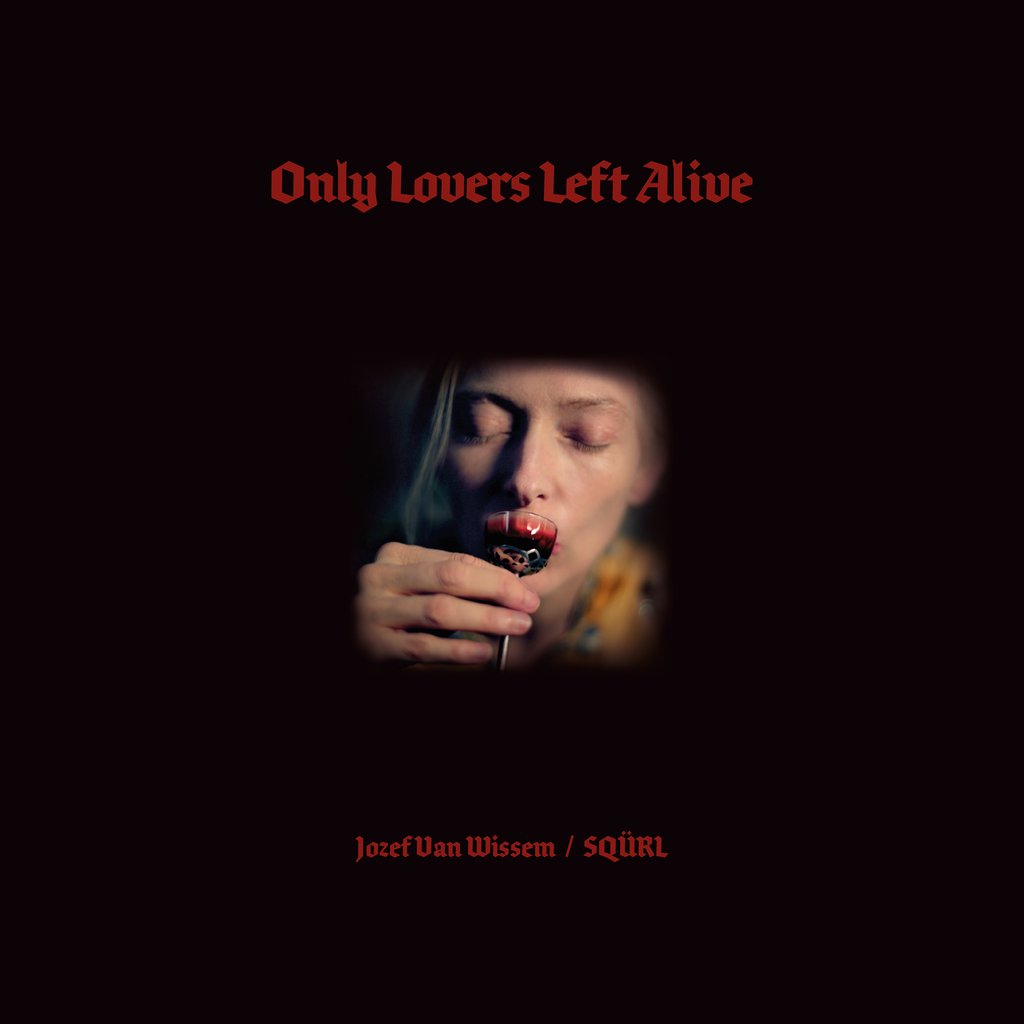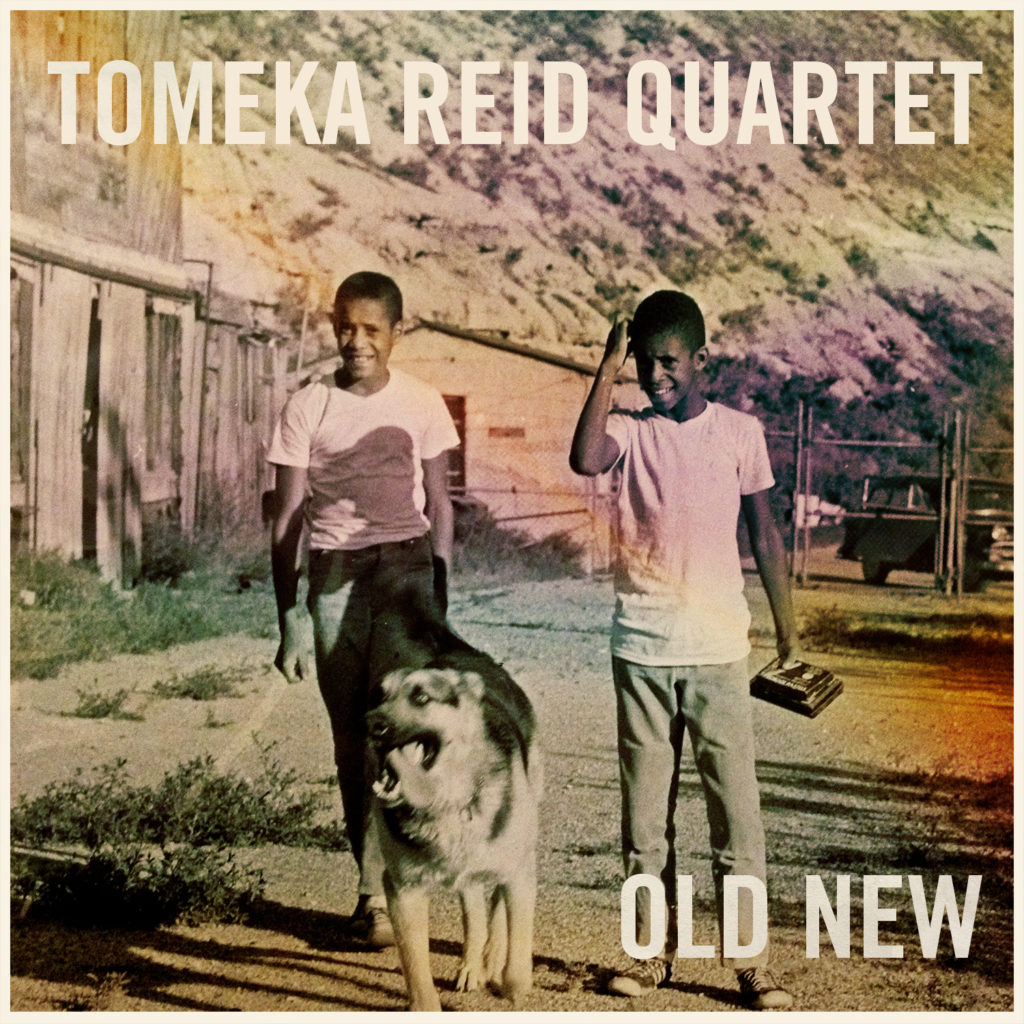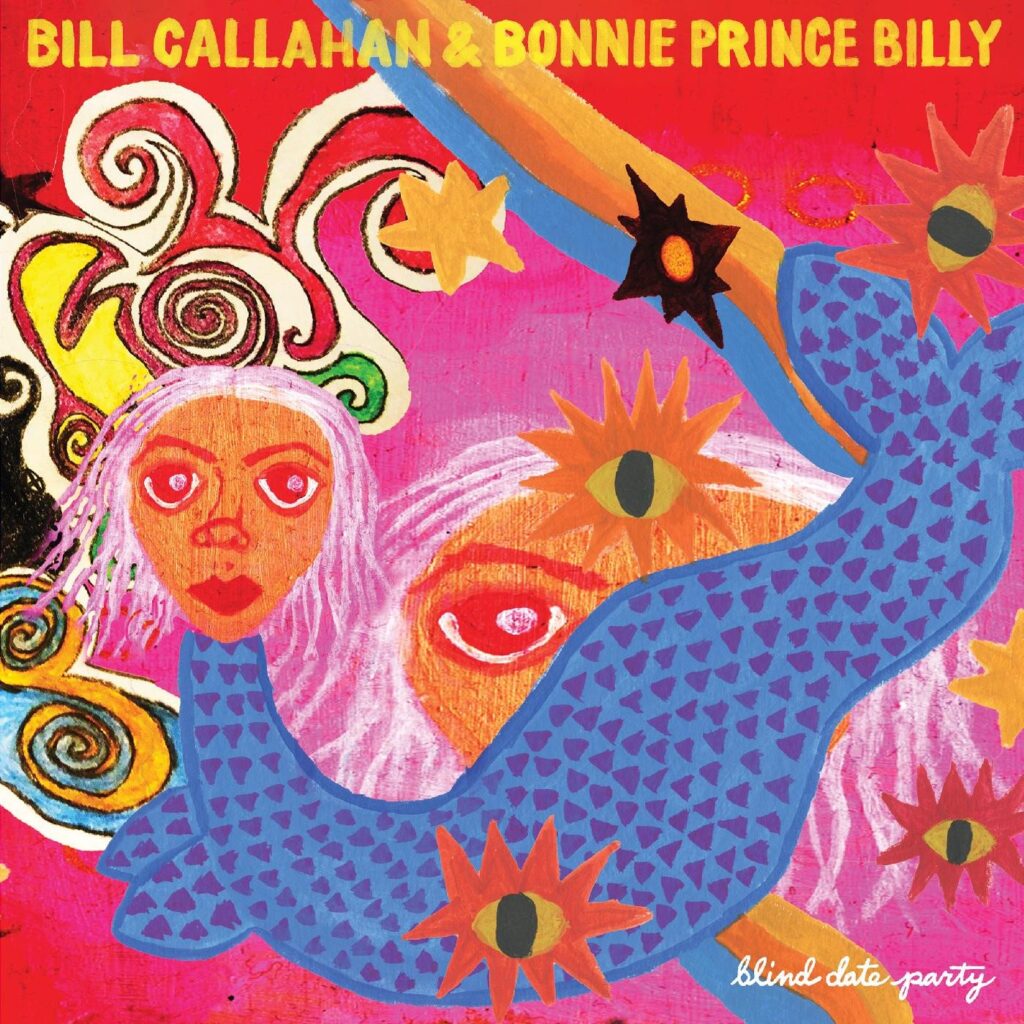Neil Young was lauded – rightly and justly, it should be said – for the highly textured, nuanced guitar experimentation that helped score the Jim Jarmusch film Dead Man, released way back, seemingly generations ago, in 1995. The work was both welcomed and slightly uncharacteristic for Young; without song-narrative molds or more traditional decorum, the “Godfather of grunge” was left to explore the ghostly underbelly of a distorted electric guitar, and to great effect. The sum total of the soundtrack’s compositions fit the film terrifically, even intrinsically well, lending an unearthliness, maybe even an other-worldliness, to Jarmusch’s Buddhist prose poem on cycles of death. Much time passed for Jarmusch, his players and his devotees between Dead Man and 2013’s Only Lovers Left Alive. But the soundtrack on the latter, which recently/thankfully was given the full re-issue treatment, is a gem for many of the same reasons mentioned above. And SQURL – code for the musical duo of Jarmusch and Carter Logan – totally steal the show with densely atmospheric electric guitar asides that evoke Young’s Dead Man score as much as they narrate the death cycles prominent in both Jarmusch films.
The score to the vampire-love story Only Lovers Left Alive, however, is not a venture undertaken by Jarmusch and Logan alone. Experimental lute player Jozef Wan Wissem adds numerous touches of melancholy and classicism to the LP, and his carefully picked refrains are often the backbone or foundation on which SQURL’s best feedback-strewn narratives grow. Rumor has it that Van Wissem and Jarmusch met on the streets of New York City in 2006. In addition to Only Lovers Left Alive, the pair has collaborated on three studio LPs, most notably the accomplished An Attempt to Draw Aside the Veil. (Deep-divers into the Jarmusch legend will find the William Blake parallels in both Veil and Dead Man, of course.) At times on this score, though, Van Wissem takes a bit of a back seat, offering rhythm and structure to Jarmusch’s wailing guitar. (Jarmusch should get a Grammy nod, in the least, for the myriad ways he conjures feedback on this thing.) On tracks like the enrapturing “The Taste of Blood,” the musicians play those interwoven roles to tremendous effect. If the resulting work, which nears the six-minute mark, isn’t the definition of hypnotic, I do not know what is.
SQURL is in remarkable form for much of the score, offering up everything from sparse, moody instrumentals (the phantom-craving “Diamond Star”) to the sometimes-tortured guitar-siren of the “Sola Gratia” suite to full-blown, distortion-drenched shoegaze bangers (“Spooky Action at a Distance”) without skipping much of a beat. On “Funnel of Love,” SQURL is accompanied by vocalist Madeline Follin, who adds a touch of self-aware wickedness that fits the mood just right.
The record closes with two gems from Van Wissem and SQURL – the effective and effecting title track (where Van Wissem’s sturdy time signatures take center stage) and the doom-laden closer “This Is Your Wilderness,” which owes its sense of heat and glacial expansion to outfits like Earth and Sunn O))). Those who have seen Only Lovers Left Alive may argue that music is a kind of player or pole in the film itself, and some great moments are given to Tom Hiddleston’s Adam on the topic. Even as a stand-alone, non-diegetic soundtrack of songs, though, the Only Lovers Left Alive score works – and works very well. It’s moody and evocative, with influences and histories that seem quite intentionally difficult to pin down – much like the lovelorn characters in Jarmusch’s film. In this unassuming work, Jarmusch and company have created something that beautifully mimics the character and narrative development in his picture, not to mention sets the stage and scenery better than could be expected. There is a reason, after all, that so many are taken with following every step that Jarmusch takes – the man knows how to get a group of artists to ascend to their finest work, both on celluloid and, it turns out, magnetic tape, too. — Justin Vellucci, Spectrum Culture, May 19, 2021
-30-




